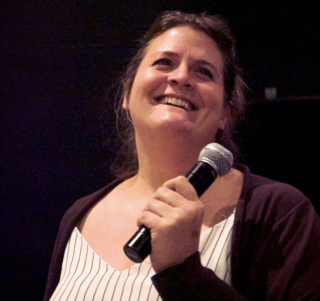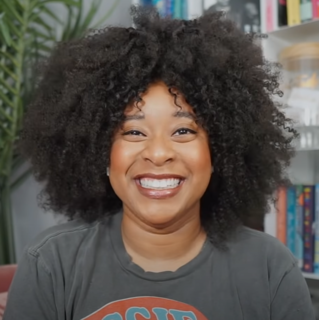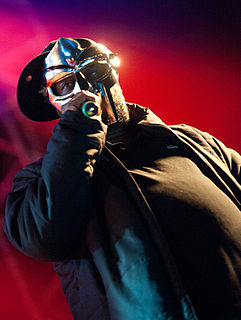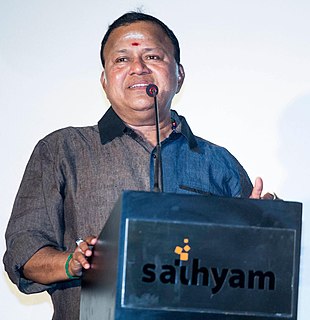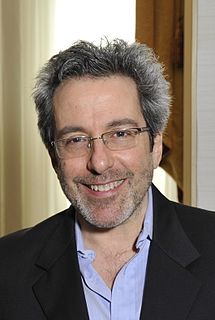A Quote by David Finch
Multiple characters make it more difficult to showcase each character.
Related Quotes
When I first started you would pitch a story because without a good story, you didn't really have a film. Later, once sequels started to take off, you pitched a character because a good character could support multiple stories. and now, you pitch a world because a world can support multiple characters and multiple stories across multiple media.
I don't only act out of my character; my character reacts to my actions. Each time I why, even if I'm not caught, I become a little bit more of this ugly thing: a liar. Character is always in the making, with each morally valenced action, whether right or wrong, affecting our characters, the people who we are.
Sometimes you have to make decisions that necessarily exclude the collective. It's more difficult to be a friend - even though they know each other and they treat each other like friends, it's more of a challenge for them. It's just institutional fact; the two characters that are the most aloof are the ones who have the most responsibility.
I find myself speaking through the other characters, putting ideas in their voices and heads. Writing almost becomes a splitting of myself into multiple personalities. But I don't write to make an argument on behalf of any of the characters, or to prove anything about a character. I think that's important that I be serving the story first and not my own point of view.
When I read to children, I try to become the characters. It's great if you can make a separate voice for each character. Sometimes you can lower your voice with excitement or get more intimate about it: you can lean forward and engage the children as a narrator or as a reader. It's particularly important that you find the voice that you want to use for each character, because then children can imagine that person as you're reading aloud. And of course, the illustrations help enormously.
As we grow older, we should learn that these are two quite different things. Character is something you forge for yourself; temperament is something you are born with and can only slightly modify. Some people have easy temperaments and weak characters; others have difficult temperaments and strong characters. We are all prone to confuse the two in assessing people we associate with. Those with easy temperaments and weak characters are more likable than admirable; those with difficult temperaments and strong characters are more admirable than likable.
Any script, even like The Founder, if it's something that I imagine myself playing this character or that character - any of the characters, basically - how do we flesh these characters out to be good enough to have amazing actors that come in that make it really difficult for them to say no? Even though I'm not right for any of those parts, that's just kind of how we go about it.
When a director narrates a character, I find it normal to ask questions about the character's background, mood swings, eccentricities, behaviour... I do this to make my performance relatable. Directors who don't know their characters well find it difficult to answer these questions and, hence, find me annoying.
I usually base my characters on composites of people I know. One trumpet player in SIDE MAN is really a mix of four different guys I knew growing up. Patsy , the waitress, is a mix of about three different people. I like doing it that way. I start with the characters, as opposed to plot, location, or some visual element. I write more by ear than by eye. I always work on the different sound of each character, trying to make sure each has a specific voice and speech pattern, which some writers could care less about.







